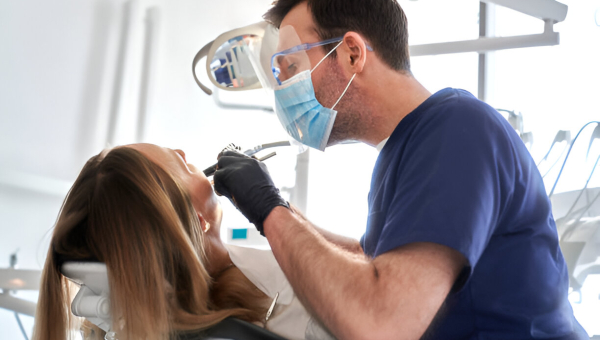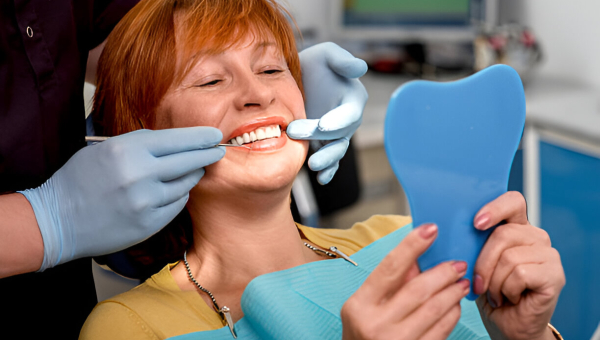For those moments where the unexpected happened, an emergency dentist in Houston can be exactly what provides you with both tranquility and medical attention. They can promptly address your concerns, manage your pain, and prevent complications that compromise your long-term oral health.
Our expert team at Gulfton Smiles has crafted this short guide on what constitutes a dental emergency, what doesn’t, and what to do in specific cases while you wait for your dentist appointment in Houston.






